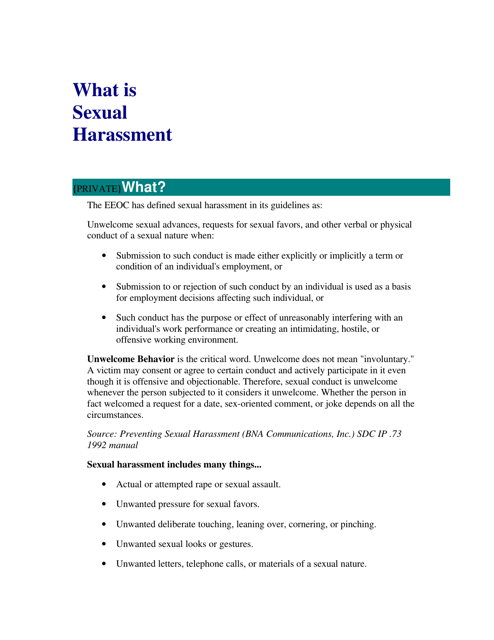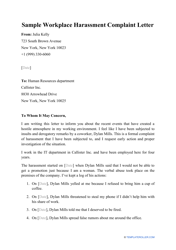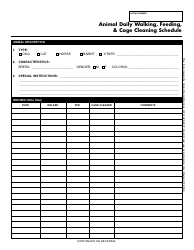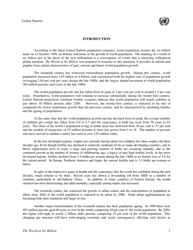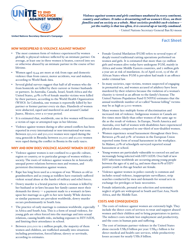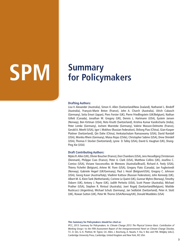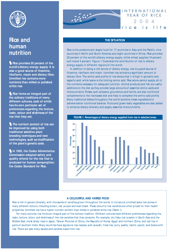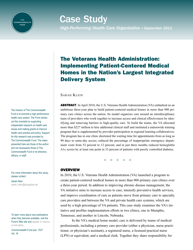What Is Sexual Harassment? - the United Nations
The United Nations is not specifically responsible for defining or addressing sexual harassment. However, the United Nations does advocate for gender equality, human rights, and efforts to eliminate all forms of discrimination and violence, including sexual harassment. The definition and policies regarding sexual harassment may vary across different countries and legal systems.
FAQ
Q: What is sexual harassment?
A: Sexual harassment refers to unwelcome sexual advances, requests for sexual favors, or other verbal or physical conduct of a sexual nature that creates a hostile or offensive environment.
Q: Who does sexual harassment affect?
A: Sexual harassment can affect anyone, regardless of gender, age, or occupation.
Q: What are examples of sexual harassment?
A: Examples of sexual harassment include unwanted touching, sexual comments or jokes, displaying explicit materials, or making unwelcome advances.
Q: What are the consequences of sexual harassment?
A: Sexual harassment can have severe emotional, psychological, and professional consequences for the victim. It is also against the law in many countries, including the United States and Canada.
Q: What can I do if I experience sexual harassment?
A: If you experience sexual harassment, it is important to report it to a trusted authority, such as your employer or human resources department. You may also want to seek legal advice or support from organizations that specialize in combating sexual harassment.
